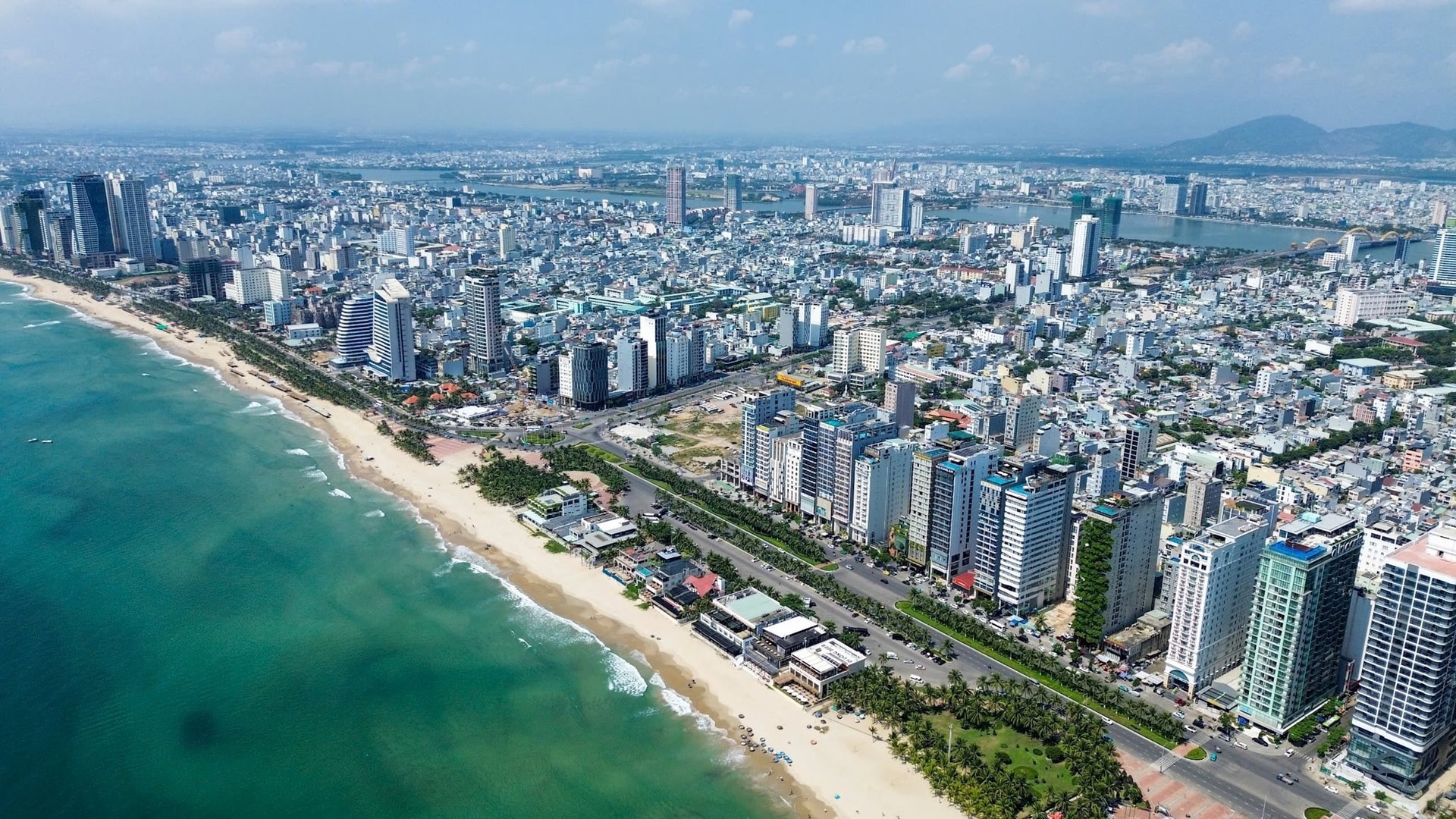
In the context of the city reshaping its urban space after mergers and planning adjustments, private capital flows are increasingly asserting their leading role as a driving force, creating infrastructure breakthroughs in the fields of trade, services, and high-quality tourism .
Projects are under construction
In key areas such as Hai Van, Hoa Khanh, Ngu Hanh Son or Son Tra wards, the construction projects are bustling day and night. Cranes, dump trucks, excavators operate continuously, workers work in shifts to ensure progress for projects invested by private enterprises.
One of the outstanding projects is the Lang Van tourist and resort complex (Hai Van ward) invested by Vinpearl Joint Stock Company ( Vingroup ) with a total capital of nearly 44 trillion VND. Just over a month after the groundbreaking ceremony, the project has entered the peak of construction with hundreds of mechanical equipment covering an area of more than 512 hectares.
No less exciting is the MM Mega Market Da Nang Commercial Center project in Hoa Khanh Ward. After the groundbreaking ceremony, a series of items such as surrounding walls, foundations, and technical infrastructure systems were deployed simultaneously.
Mr. Bruno Jousselin, CEO of MM Mega Market Vietnam, said that the company is aiming for a "model green shopping mall" model, expected to be put into operation by the end of 2025.
According to the contractor, Construction and Construction Materials Joint Stock Company, the project is implemented according to green building standards, prioritizing environmentally friendly materials, and strictly controlling quality and progress.
Mr. Huynh Anh Vu, Chairman of Hoa Khanh Ward People's Committee, commented: "When completed, this project will be a boost for trade and services in the Northwest region of the city, creating more jobs, stimulating consumption and attracting tourism for the whole region."
Private capital accelerates
In the first 6 months of 2025, total social investment capital in Da Nang reached more than 21,800 billion VND. The private sector alone accounted for nearly 15,000 billion VND, an increase of nearly 57% over the same period in 2024.
According to Ms. Tran Thi Thanh Tam, Director of the Department of Finance, this impressive growth comes from policies to remove legal obstacles, speed up licensing progress and allow businesses to mobilize capital early from the market.
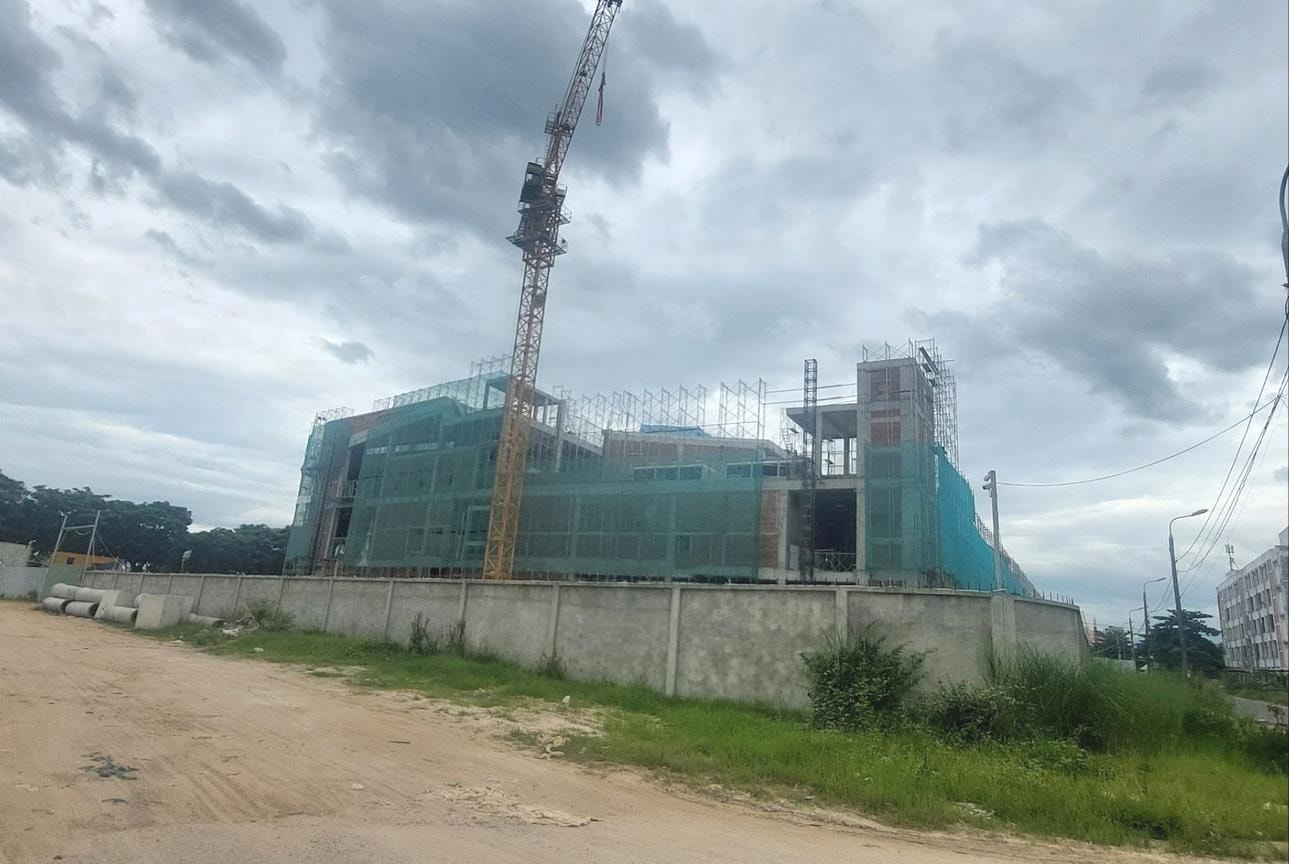
In the city center, a series of large projects are contributing to the regeneration of the urban landscape, such as the TTC Plaza Da Nang project; a high-end commercial center in the central area, with an investment capital of nearly 3,000 billion VND. The Sunsea Towers project - a high-rise apartment and accommodation service complex in the tourist center, with a total capital of 1,140 billion VND. Or the Olalani Riverside Tower project, with a 5-star apartment complex on the Han River, including 3 twin towers from 26-37 floors high, with a total capital of 7,650 billion VND. In addition, there are notable projects such as Danang Marina, Center Point Da Nang, Symphony Tower, The Estuary Tuyen Son...
At the same time, foreign direct investment (FDI) flows also continued to flourish. In the first half of 2025, Da Nang attracted VND1,992 billion in FDI capital, an increase of more than 41% over the same period.
Mr. Tran Van Vu, Chief of Statistics of Da Nang City, said that the proportion of private investment currently accounts for 68.5% of total social capital, proving that this sector is the locomotive of economic growth, while creating more jobs and improving the quality of urban infrastructure.
Developing new urban spaces
Da Nang is strengthening its role as a "companion to businesses", especially in the fields of legal procedures, planning and construction support.
Mr. Nguyen Ha Nam, Director of the Department of Construction, said that the city has operated a "one-stop shop" mechanism, shortening the process between departments, branches and sectors to provide maximum support to investors.
“The private sector is the pillar of development along with public investment capital. As long as businesses comply with planning and do not cause negative impacts, the city will create the best conditions for investors,” said Mr. Nam.
Along with that, Da Nang also tightened standards on construction quality and environmental impact, especially for accommodation projects such as hotels and condotels (apartment hotels). The government requires investors to comply with long-term operations, not to build in a "speed-up" style while ignoring quality.
According to our research, many businesses are flexibly implementing multi-functional models, such as residence, business, and short-term accommodation to optimize cash flow and land use efficiency.
In Hai Chau, Lien Chieu, and Son Tra wards, some low-rise shophouse projects have opened for sale early even though they are not fully completed, showing the heat of the market and long-term expectations from investors.
Not only creating large-scale projects, private capital also opens up spillover value chains: from jobs in construction, logistics, transportation to food services and retail. Many areas that were once quiet are now becoming consumer centers and attracting people to move here to live and work.
According to Ms. Duong Thuy Dung, Managing Director of CBRE Vietnam Research Department, clear policies, stable planning, along with new development space after the merger, will open up great opportunities for Da Nang. This is the golden time for investors to anticipate trends, choose the right location and reap the rewards.
Source: https://baodanang.vn/dong-von-tu-nhan-but-toc-kien-tao-dien-mao-do-thi-moi-da-nang-3297935.html










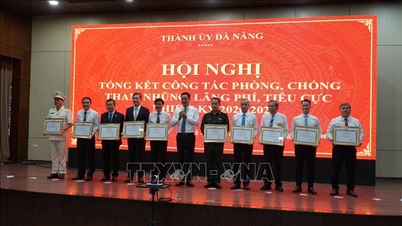



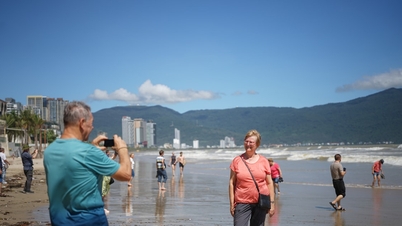


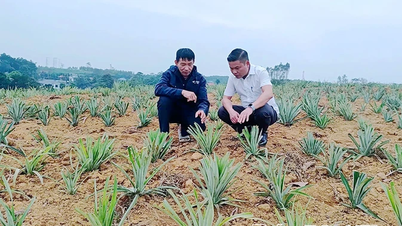



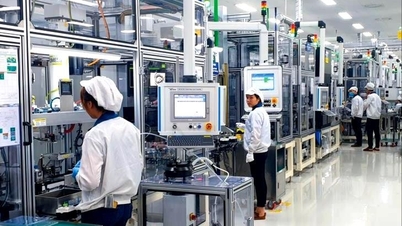


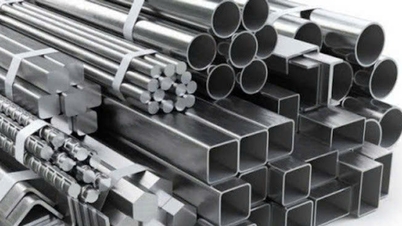







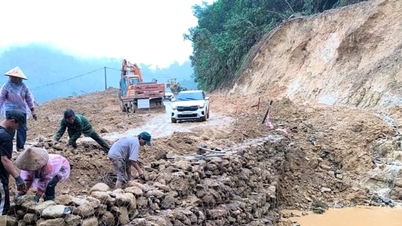

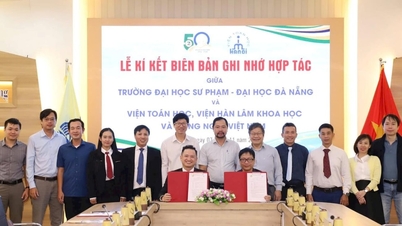

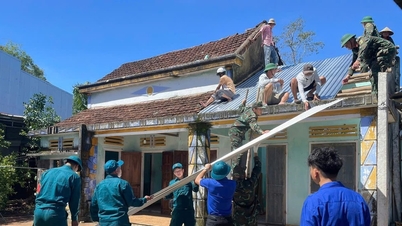
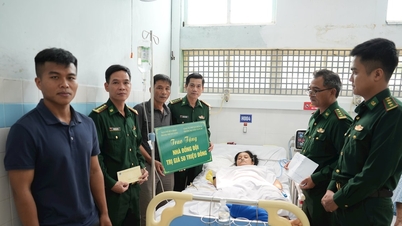



![[Video] Hue Monuments reopen to welcome visitors](https://vphoto.vietnam.vn/thumb/402x226/vietnam/resource/IMAGE/2025/11/05/1762301089171_dung01-05-43-09still013-jpg.webp)

















































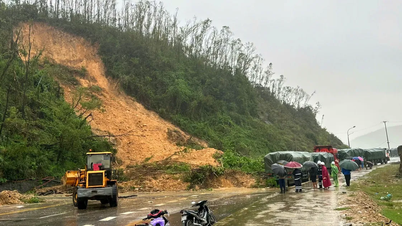

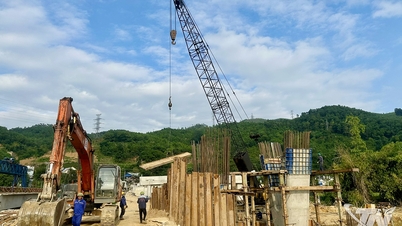

















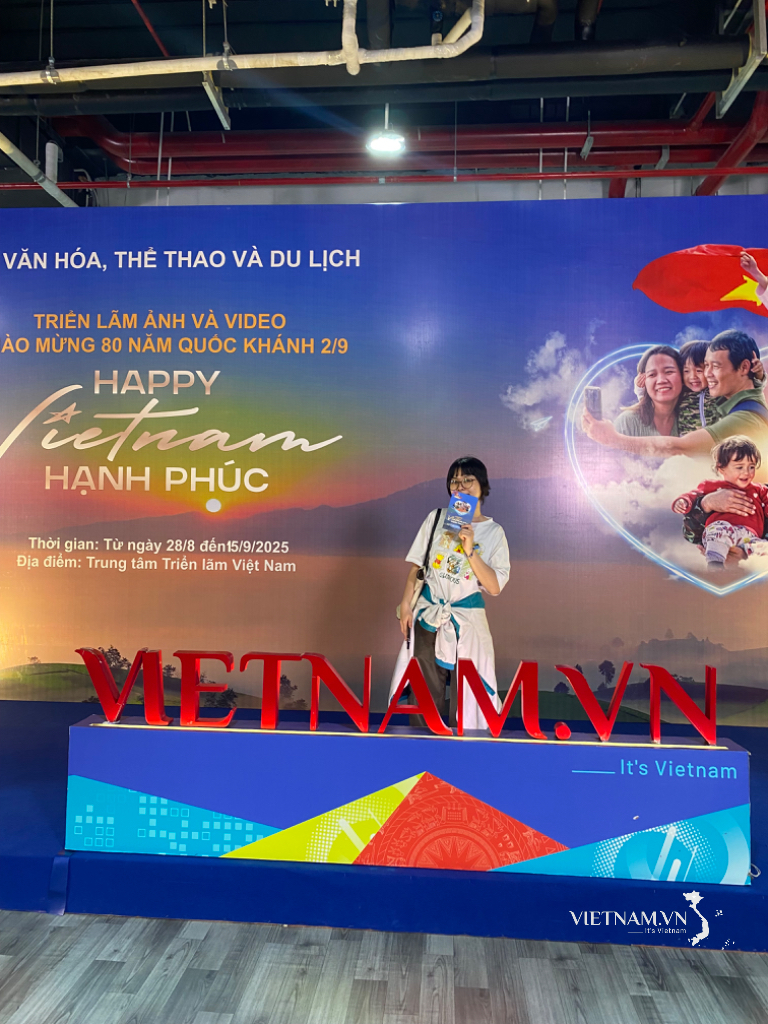

Comment (0)